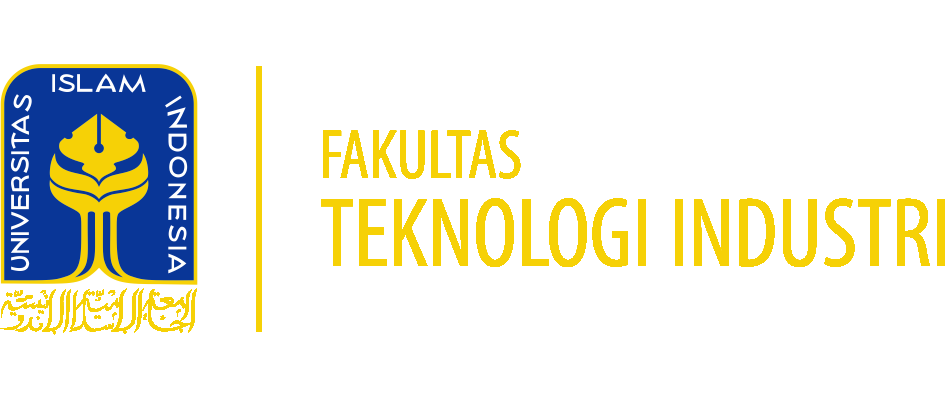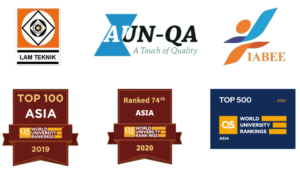VISSION AND MISSION
The organizational culture developed in FIT UII is FAST. Aside from being fast with dynamic meanings, FAST has also been developed based on prophetic characters, namely:
- Fathonah (smart, competent, innovative)
- Trust (fair, committed)
- Siddiq (honest, transparent, accountable)
- Tabligh (communicative, open
The Faculty of Industrial Technology (FIT) was established in 1985. FIT has five departments: Department of Chemical Engineering, Department of Industrial Engineering, Department of Informatics, Department of Electrical Engineering and Department of Mechanical Engineering. FIT has five Undergraduate Programmes and two Graduate (Master) Programmes (Master Programme in Industrial Engineering and Master Programme in Informatics). The Undergraduate Programme in Industrial Engineering offers both regular and international programmes. All of the departments in FIT have been accredited by the National Accreditation Board (BAN-PT). FIT has also been certified with ISO 9001:2008 from TUV Rheinland, Germany.
VISSION
To become a leading faculty in developing future-oriented human resources with a commitment to change and advancement in the field of industrial technology as well as professionals in the provision of education, research and community services based on khairo ummah principles.
MISSION
- To realize an institution that is part of the Islamic da’wah in accordance with the guidance of the Quran and Hadist in the fields of education, science and technology and where Ulil albab is created and is able to reflect the identity as the khairo ummah
- To organize a teaching and learning system with the support of information and communication technology within the framework of a modern higher education system, oriented to the advancement of science and technology and a commitment to the application of various instruments to provide quality education
- To generate excellent human resources through improving the quality of research and community services with the characteristics of technological innovation and creativity in the utilization of good basic skills and oriented towards the benefit of the human race and capable of being the main drivers of economic growth and public welfare
- To create leading graduates in attitude and behaviour and able to play an active role in the community and have the ability to compete in accordance with the current needs
- To carry out the processes of implementing higher education with the principles of good governance, justice, transparency, accountability and responsibility.


